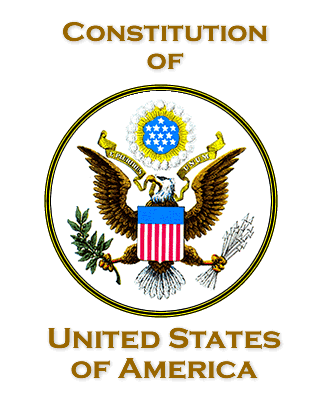President Bush's gracious hosting of President-elect Barack Obama at the White House this week raises this simple but important question: Why wait until late January to turn the Oval Office over to a new president elected in early November?
There is no good reason, just political tradition. That tradition used to be even sillier and more strung-out . History of the time lag between election and inauguration:
• The Constitution originally set March 4 as the inauguration date, about four months after the election.
• In 1937, a constitutional amendment moved the date up to Jan. 20, about 2 months after the election.
That's still far too much time wasted.
No lame-duck president can do anything meaningful after the successor is elected. The time is spent figuring out things like how many presidential pardons to issue, many to convicted political pals. Bill Clinton issued more than 200 pardons from the November 2000 election until his departure on Jan. 20, 2001.
Most presidents-elect (当选总统) know what they want to do about major issues or whom to appoint to major offices by the time they are elected or soon thereafter.
That's why we should move the president's inauguration (就职典礼) up to the first Tuesday in December, one month after the election. The new Congress (国会,议会) should have its schedule moved from early January to early December. That would allow a few weeks before the holidays to get urgent business done.
When the Constitution was framed (制定), things moved more slowly. That may explain the March date. The January date was an improvement. But the time lag (时间间隔) still is too long in these modern times when crises need the earliest possible attention.
People who elect a new president are eager for the change to take place. The sooner the better.
Other view on presidential transition periods:
"I've been involved in every transition since 1960, and I can attest (证明) that Barack Obama will need every one of the 77 days the Constitution gives him to be ready to move into the Oval Office (椭圆办公室,总统办公室) on Jan. 20."
Stephen Hess, author of What Do We Do Now? A Workbook for the President-elect
"If we had a parliamentary (议会的) system, this proposal would work. Because we don't, it won't. Ten weeks is barely enough to do the minimum needed to get started."
William A. Galston, senior fellow, Brookings Institution, and former adviser to President Clinton
Posted at 12:15 AM/ET, November 14, 2008
For moreinformation, please go to http://www.bingoenglish.com/content/html/news/200811/15-22.html.
本期总统选举相关词汇:
constitutional amendment 宪法修订案
lame-duck president 即将去职的总统
departure 离职
issue pardons 赦免
presidents-elect 当选总统
inauguration 就职典礼
congress 国会,议会
time lag 时间间隔
a parliamentary system 议会制
move into the Oval Office 椭圆办公室,总统办公室


